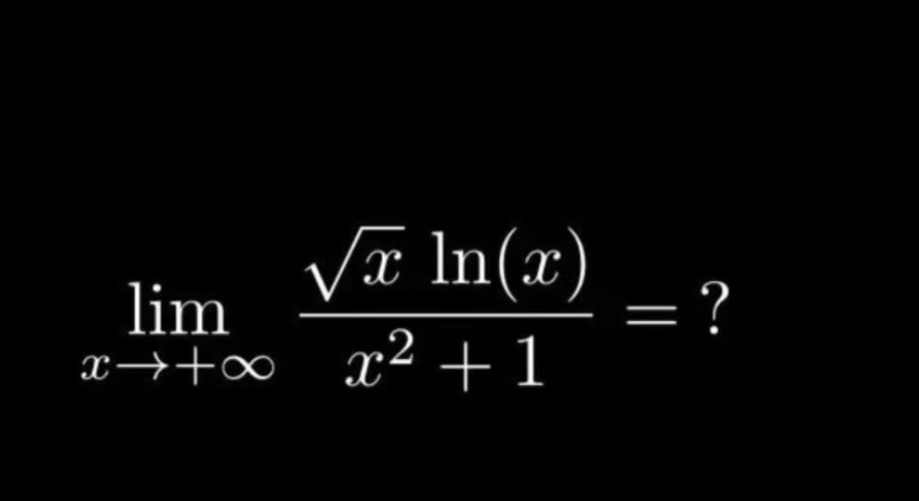AI tutor
Full solution
Q.
- Recognize growth rates: First, recognize the growth rates of functions involved. The numerator grows slower than the denominator .
- Rewrite expression: Rewrite the expression for clarity: .
- Simplify by division: Simplify the expression by dividing each term in the numerator by : .
- Consider limits at infinity: As approaches infinity, approaches . Consider the behavior of as approaches infinity; increases, but at a slower rate compared to any power of .
- Multiply the limits: Multiply the two limits: since approaches and approaches infinity, the product approaches .

